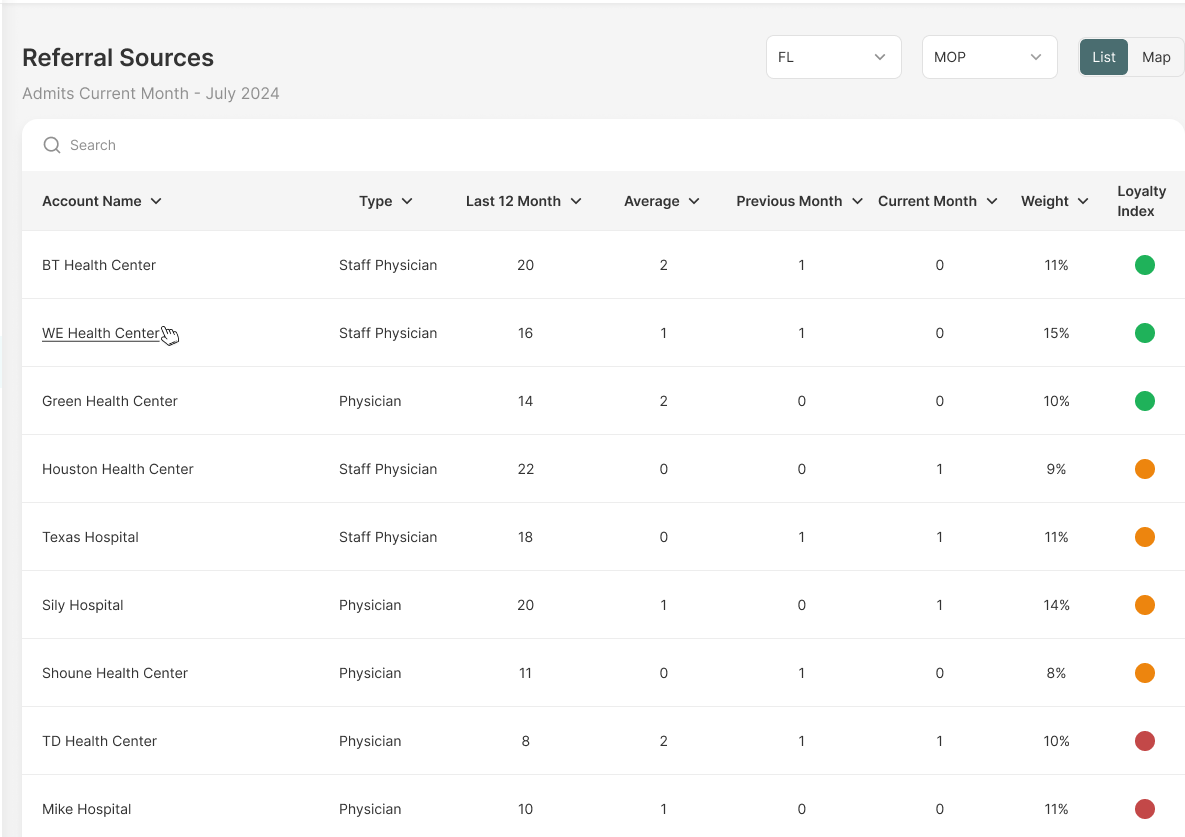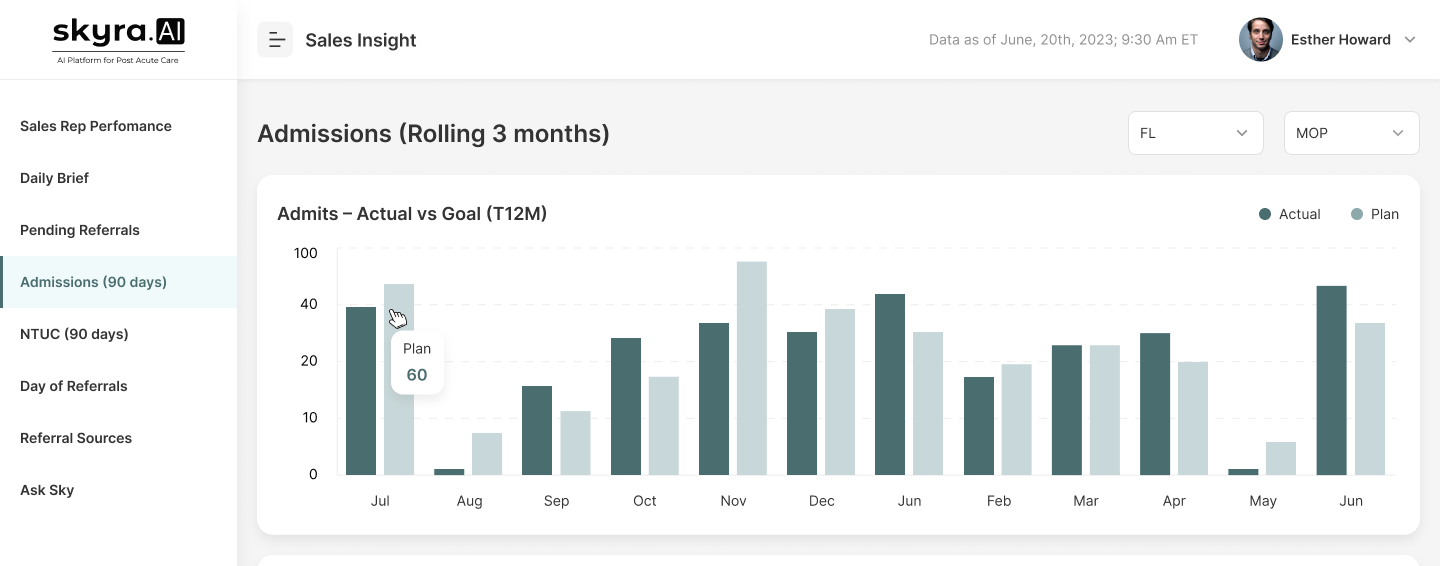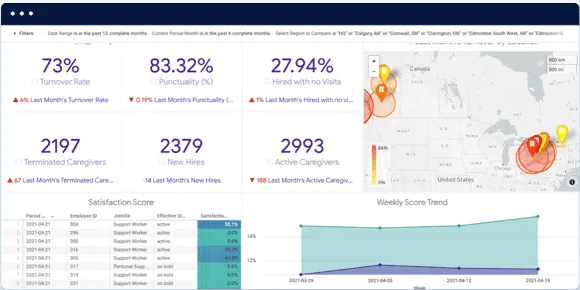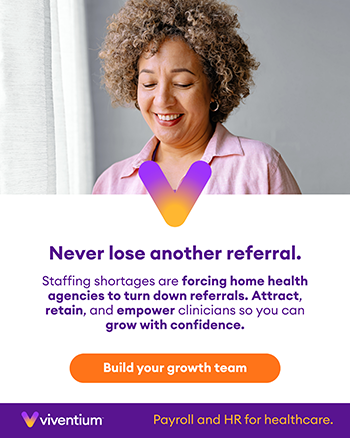Meaningful AI
by Scott Green, Care Dimensions at Netsmart
Meaningful AI in Post-Acute
Elevating Care and Efficiency with Integrated AI
Meaningful AI is more than plugging your questions into ChatGPT. It goes beyond Artificial Intelligence into Augmented Intelligence.
After a long day of caring for patients, a home health nurse pulls into their driveway, bracing for the familiar evening grind — hours of documentation. They take a deep breath, one of relief. They’re not mentally preparing for hours at their laptop, documenting every visit, trying to recall every detail while fatigue tugs at their focus. Tonight is different.
Tonight, they step through the door, greeted by their kids clamoring to show off their school projects. Dinner is already on the table, and for the first time in weeks, they sit with their family—truly present. There’s no need to pull out the laptop after dessert, no late-night race against deadlines. Their documentation? Done. Completed during patient visits, thanks to an integrated AI workflow that not only captured essential details of their patient but also highlighted critical care needs in near real-time.
This isn’t just a glimpse of what’s possible—it’s the reality Meaningful Augmented Intelligence (AI) creates for home care & hospice providers. With AI-assisted documentation tools, caregivers are freed from after-hours work. Repetitive tasks are automated, and accurate, compliant records are captured during visits. As a result, clinicians can focus on what matters most: delivering care to their patients during the day and being present for their families at night.
Meaningful Integrated AI in Care at Home: How it Works and Why It Matters
Integrated AI doesn’t just automate tasks—it enhances every part of the care process. By embedding AI directly into existing workflows, solutions empower clinicians and administrators to work smarter, not harder. Predictive analytics, real-time documentation and automated data entry reduce repetitive tasks and administrative burden, clearing staff to focus on patient care.
Unlike generic AI tools, Meaningful AI supports clinicians at the point of care. It captures essential details during visits, highlights critical needs as they arise, and offers real-time guidance. This isn’t just about making work faster—it’s about making it more human. Integrated AI simplifies workflows and strengthens decision-making, whether it’s anticipating a patient’s end-of-life needs, identifying compliance risks, or supporting proactive billing.
The AI Trifecta
AI isn’t just about automation—it’s about Meaningful AI that directly addresses the needs of community-based providers. With our AI Trifecta, every aspect of care delivery is reimagined to optimize processes, empower staff, and simplify reimbursement.
Optimize Processes
Integrated AI helps organizations operate more efficiently by taking over time-intensive, repetitive tasks, allowing staff to focus on patient care. For example, guided assist tools integrated with clinical workflows proactively coach staff through complex tasks like completing the OASIS assessment or interdisciplinary start of care documentation.
Imagine a clinician documenting care after a patient visit. With AI-powered assistance, charting can pre-fill fields based on visit details, flag potential inconsistencies in near real-time and suggest changes to align with regulatory requirements for a supervisor to review. This reduces errors and speeds up documentation, freeing clinicians to focus on patients rather than administrative tasks.
Predictive analytics empower organizations to anticipate and address challenges early, supporting clinical benefits of Hospice Visits in the Last Days of Life (HVLDL) such as symptom management, reduced patient distress and honoring the patient’s end-of-life wishes.
Empower Staff
The backbone of any agency is its staff. Integrated AI tools relieve the pressures of excessive documentation and administrative burdens. These tools aren’t just about doing tasks faster—they help create a more sustainable work-life balance by addressing challenges like burnout and turnover.
Staff can also benefit from smart task prioritization. Meaningful AI tools can include the ability to log in and instantly see a clear list of priorities based on patient needs and compliance deadlines. This reduces time spent figuring out “what’s next” so that every action directly contributes to better patient outcomes.

Simplify Reimbursement
Some AI tools monitor claims for potential issues before submission. Imagine if your system could identify a missing modifier or mismatch in coding then flag the problem and provide actionable suggestions to correct it. This not only increases first-pass acceptance rates but also reduces the exhausting back-and-forth that often accompanies denied claims.
Beyond preventing errors, predictive tools assess patterns in denial risks and reimbursement trends, enabling organizations to adjust strategies proactively. Leaders can use these insights to negotiate better contracts or refine documentation practices, ensuring steady cash flow and financial health and upstream process improvement. This empowers organizations to invest resources where they matter most: improving patient outcomes.
About Netsmart myUnity® NX
With Meaningful AI at the heart of myUnity NX, every part of the healthcare process—from care delivery to financial health—works smarter, not harder. These innovations support not just operational efficiency but also the well-being of care teams. By embedding intelligent workflows, providers have the time and space to focus on what matters most—delivering exceptional, person-centered care. Learn more about Netsmart myUnity® NX
# # #


Scott Green leads the Care Dimensions business unit at Netsmart. In his role, he leads a team focused on building out a comprehensive suite of solutions designed to support organizations as they digitize their operations beyond the EHR. Green has been with Netsmart for 10 years and has held many roles during that time including leading the Human Services business unit.
Prior to joining Netsmart, he spent 13 years with Pfizer where he focused on building relationships and clinical initiatives with Integrated Delivery Networks.
Scott holds a bachelor’s degree in industrial psychology from Kansas State University and a graduate certificate in healthcare leadership from Park University.
©2025 by The Rowan Report, Peoria, AZ. All rights reserved. This article originally appeared on the Netsmart blog and is reprinted here with permission. For more information or to request permission to print, please contact Netsmart.











